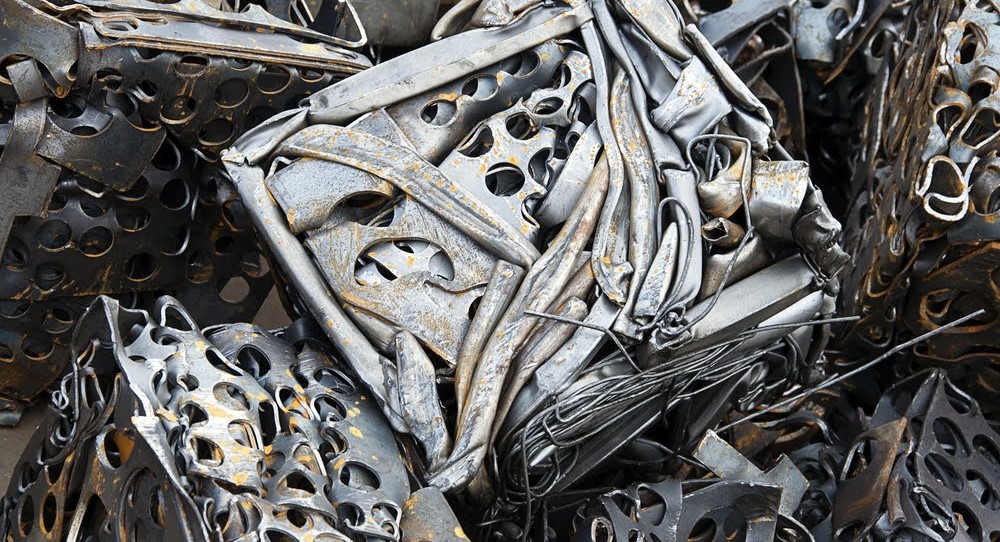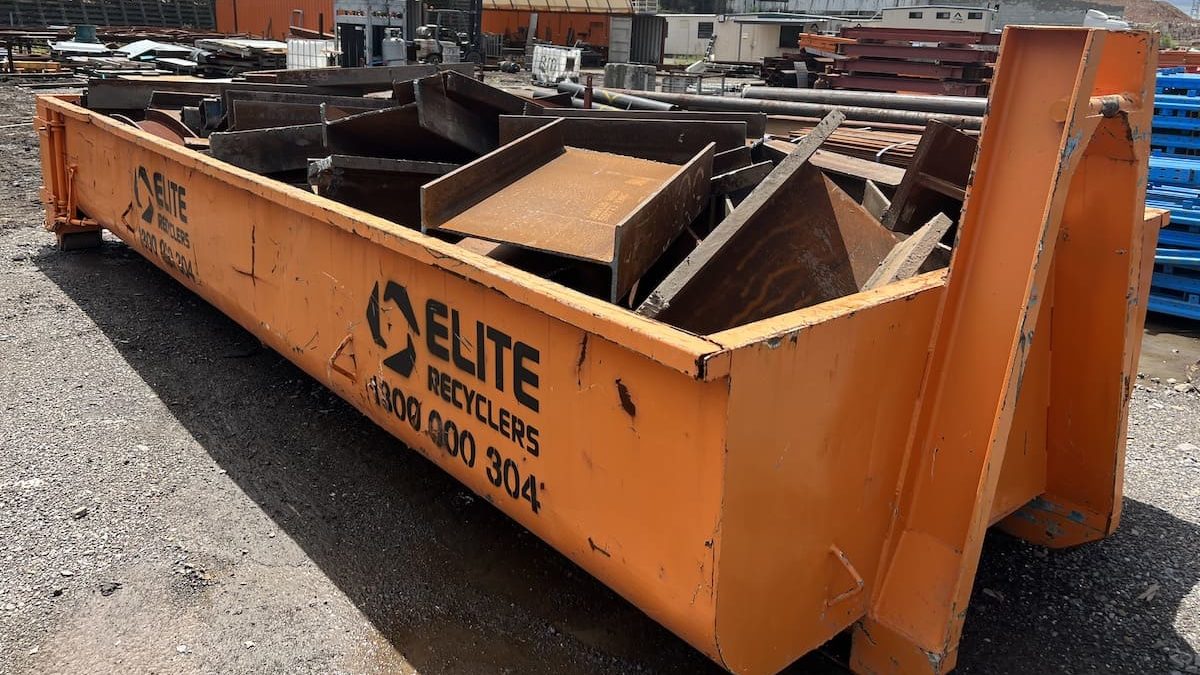
Exploring the Consequences of Resource Depletion – And The Case For Recycling
With a shifting climate and positive environmental practices at the forefront of many people’s concerns these days, it’s never been more important to recognise the role that recycling plays in our society – especially as resource depletion becomes a concern, too.
Metal resource depletion refers to the way that the world’s finite supply of metals is being used up. This is happening due to a number of reasons, with the top ones being population growth, economic development, and technological advancement. As these resources dwindle, metal recycling technology needs to develop to keep up. Just think about copper: it’s estimated that the world’s reserve will only last another 60 years, so we have to start recycling it now!
The Consequences Of Metal Resource Depletion
The consequences of metal resource depletion are far-reaching – some may even surprise you.
Increased Costs
As metals continue to become more scarce, prices for metals will rise and come to reflect this. Over time, it will be more expensive to produce and purchase goods that contain metals, particularly virgin metal (pure metal obtained directly from ore). This is one of the top reasons why investing in metal recycling technology is so important.

Supply Disruptions
Metal resource depletion could also lead to supply disruptions. This could happen if there is a sudden increase in demand for a particular metal, or if a major mining operation is disrupted. We have seen this happen in more recent years during the COVID-19 pandemic, where products as simple as steel beams became more difficult to source as supply chains were closed all over the world.
Environmental Damage
The mining and processing of metals can have a significant environmental impact, which includes pollution, deforestation, and water contamination. By choosing to recycle metal, we can spare our precious ecosystems any further damage.
Geopolitical Tensions
It’s predicted that, as metals become more scarce, countries may become more competitive in securing access to these resources. This could lead to geopolitical tensions and even conflict.

The Case For Metal Recycling
While there are some people out there that think that recycled metal products are inferior to brand new ones, recycling metals is one of the best ways to address the problem of metal resource depletion. Recycling reduces the need to mine new metals, which helps to conserve resources and reduce environmental impact. And of course, recycling also saves energy – for example, we use 95% less energy to recycle aluminium than to produce it from bauxite ore.
In addition, recycling metals can create jobs. The recycling industry is a major employer in many countries.
Innovations In Metal Recycling Technology Fighting Against Resource Depletion
To address depleting resources, plenty of clever minds have come up with new technologies that allow us to better recycle metal that is already in production. These can go a long way towards lessening the stress on the environment and more.
Eddy Current Separation
This technology uses electromagnets to separate ferrous metals (such as iron and steel) from non-ferrous metals (such as aluminium and copper). It’s also useful for separating recyclable materials from electronic waste.
X-ray Fluorescence (XRF) Sorting
This type of metal recycling technology uses X-rays to identify the elemental composition of metals. This information can then be used to sort metals into different categories. XRF sorting can also be used to recycle metals from batteries, as well as many other things.
Laser Sorting
This technology uses lasers to identify the type and grade of metals, which can then be used to sort metals into different categories, streamlining the metal recycling process.
Sensor-Based Sorting
Sensor-based sorting uses a variety of sensors, such as cameras and metal detectors, to identify and sort metals automatically.
Hydrometallurgical And Pyrometallurgical Processing
This technology uses water-soluble solvents to extract metals from ores and concentrates. Similarly, pyrometallurgical technology uses heat and chemical reactions as an extraction method.

In addition to these metal recycling technologies, there are a number of emerging technologies that have the potential to go the extra mile in the recycling world. Artificial intelligence (AI) is a great example of this, and is used to develop new ways to identify and sort metals. AI-powered sorting systems can also be trained to recognise a wide range of metals and alloys, even when they are mixed together or contaminated, optimising the metal recycling process even further.
At Elite Recyclers, we’re always looking to implement the best recycling practices around, as well as giving you cash for scrap to encourage metal recycling in your local area. Call us today and find out what we can offer you!



